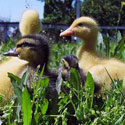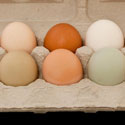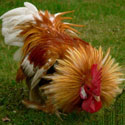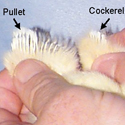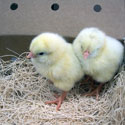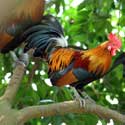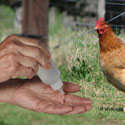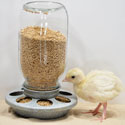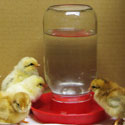
Geese can get pretty aggressive. The behavior relates to the fact that they are large, clumsy birds. They can’t easily hide when threatened, so they resort to aggression to ward off danger. The best way to avoid aggression aimed in your direction is to take time to greet your geese whenever you enter their […]
Continue Reading
